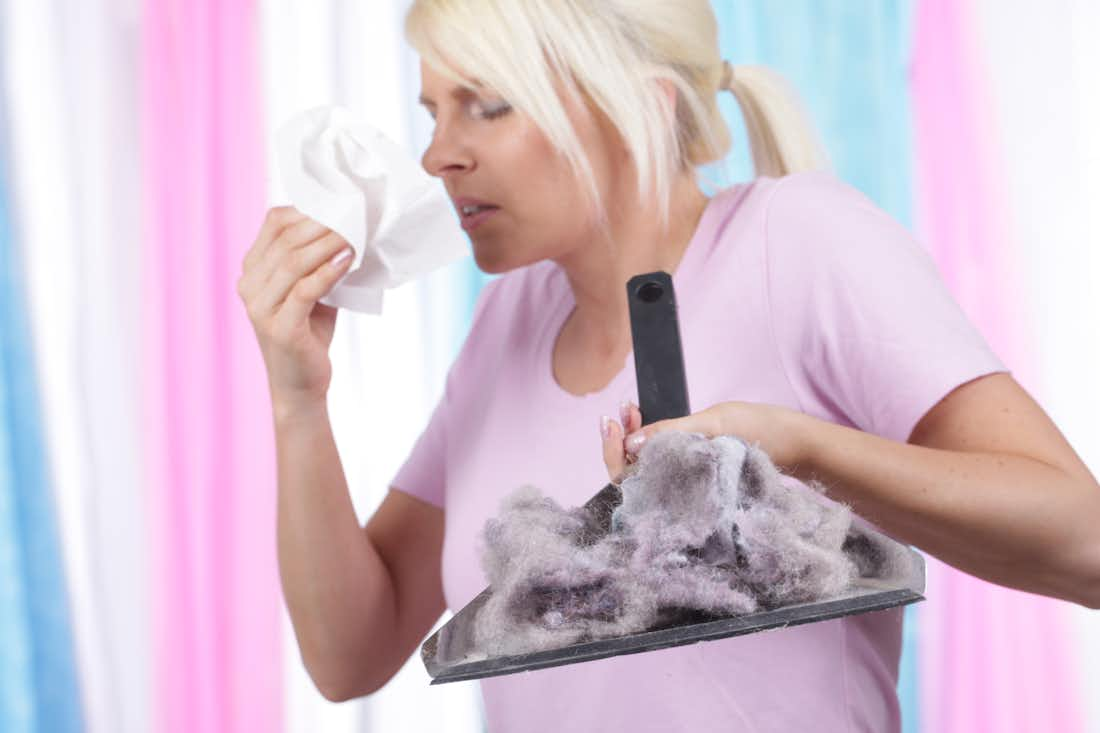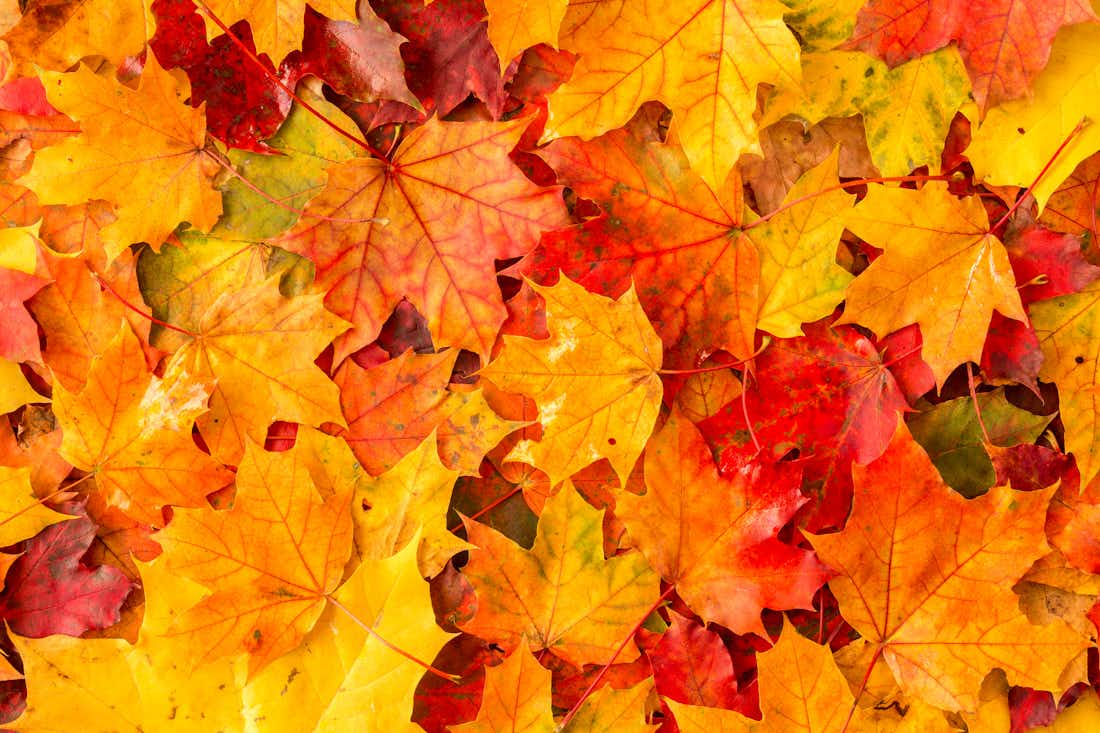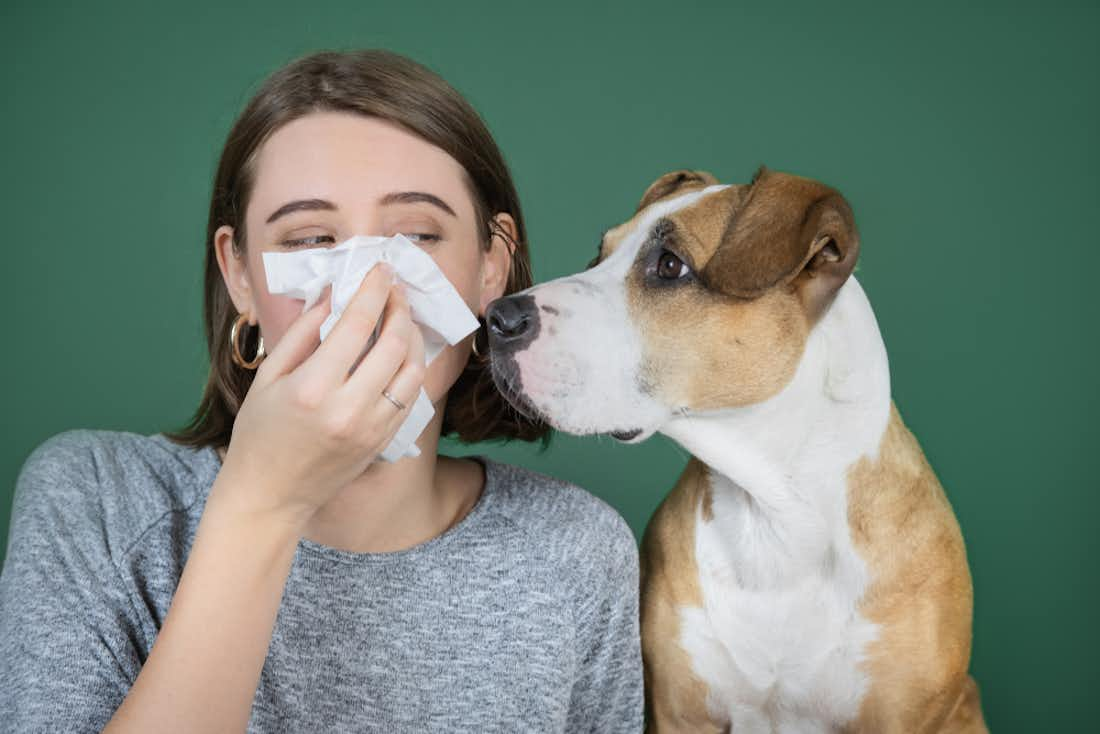Oct 8, 2021
What Are Seasonal Allergies?
4 minute read
With climate change, allergies can vary upon the season, whether it be a hot summer or rainy spring.
Allergens are everywhere. No matter what time of year it is, there's always something floating around in the air with the potential to cause irritating symptoms. From mold to ragweed to dust mites and everything in between, allergens can make you sneeze, cough, itch, and more – and they're definitely no fun to deal with.
In this post, we'll be exploring the causes of seasonal allergies, their symptoms, and the best treatment methods out there. Let's get started!
The Causes of Seasonal Allergies
People with seasonal allergies experience their worst symptoms during a specific part of the year. The most common times for a spike in allergy symptoms are spring and fall, but summer and winter allergies are a struggle for many.
Let's break down allergies season-by-season to get a deeper understanding of their triggers.
Spring Allergies
Ah, springtime. Flowers bloom, the trees start getting green again, and...pollen counts are high.
Spring is probably a tough time for you if your seasonal suffering is triggered by tree pollen. Some of the most common causes of spring allergies are the pollen from the following plants:
- Alder trees
- Birch trees
- Maple trees
- Oak trees
- Ash trees
If these trees don't grow near where you live, it makes perfect sense to wonder why you've got all those hay fever symptoms. The answer? The wind. When the wind blows in the spring at peak pollen times, all those allergens can be blown for miles to where you live. That means you're left reaching for the decongestants.
Summer Allergies
You might be surprised by your watery eyes and runny nose in the summer, but the warmest season of the year is far from allergy-free. Summer allergies are typically caused by exposure to grasses like Timothy, orchard and Bermuda grass, and other plants that trigger uncomfortable symptoms.
Tree pollination is typically all over by the time early summer comes around, but that doesn't mean you won't deal with symptoms.
By late summer, you might expect all those grasses to stop sending their pollen all over the place. However, as the fall approaches, ragweed pollen counts often stay high.
Fall Allergies
Fall allergies are most commonly caused by weeds and ragweed. Starting in early fall – the middle of August – and lasting through November, ragweed pollen can blow in the wind for miles, leaving you with nasal congestion and other uncomfortable symptoms.
In addition, the piles of wet dead leaves that collect everywhere in the fall can also contain a common allergy trigger – mold. Moldy leaves can make your allergy symptoms worse, especially as those leaves blow on the wind.
Winter Allergies
In the winter, people with pollen allergies get some much-needed relief from their symptoms. Spring allergy sufferers, especially those whose symptoms are triggered by tree pollination, may not struggle as much during the colder months of the year.
However, if your allergies are triggered by dust mites, pet dander, or mold, the winter may be the most challenging season for you. Dust mites are tiny creatures that thrive in warm environments, where they feed on the dead skin cells left behind by humans. If you're allergic to them, you may experience uncomfortable reactions to carpets, sheets, and fabrics that the mites call home.
In addition, if you're living in a cold part of the country with a long winter, you're most likely going to spend most of the season cooped up inside. That means that other indoor allergens like mold and pet dander may irritate you more than ever. The winter is a great time to start using a HEPA filter in your home, which helps to protect you from the irritating effects of mold spores, dust, and more.
Symptoms and Treatment for Seasonal Allergies
The most common symptoms of seasonal allergies are classified under the blanket of allergic rhinitis. Allergic rhinitis is caused by breathing in allergens through your nose, which can cause inflammation in your nasal passages.
Allergic rhinitis can cause problems when your immune system produces antibodies in response to an allergen. These antibodies prompt your cells to release chemicals like histamines, causing inflammatory symptoms. These symptoms include:
- Itchy, watery eyes
- Sneezing
- Runny nose
- Coughing
- Wheezing
How To Get Relief
So what can be done to stop your allergy symptoms from making your life miserable?
At Cleared, we treat allergies on a case-by-case basis. We know that you're unique – and your symptoms are, too – so we'll never recommend a "one-pill-fits-all" treatment strategy to anyone. However, we've found that three key treatment options tend to be the most helpful for seasonal allergies: immunotherapy, relief medications like antihistamines, and daily support supplements.
Immunotherapy trains your immune system to be less sensitive to your specific allergy triggers. This treatment method can be especially helpful if you've been dealing with severe, long-term allergy symptoms and can't seem to get a break.
Relief medications are meds that you get over-the-counter or with a prescription from an allergist. These treatments help you deal with symptoms on a day-to-day basis.
Daily support supplements give your immune system the nutrients that it needs to function at its best.
Want To Learn More?
If you’re tired of dealing with seasonal allergy symptoms and want some lasting relief, you’ve come to the right place. At Cleared, we specialize in personalized, science-based allergy relief that really works. One of our experienced allergists can help you find the right treatment strategy for you based on the at-home allergy test results. From there, you’re on the way to an allergy-free life!
To learn more about what Cleared can do for you, take a look at our step-by-step guide to getting allergy relief.
Sources:
Seasonal allergies: Nip them in the bud | Mayo Clinic



